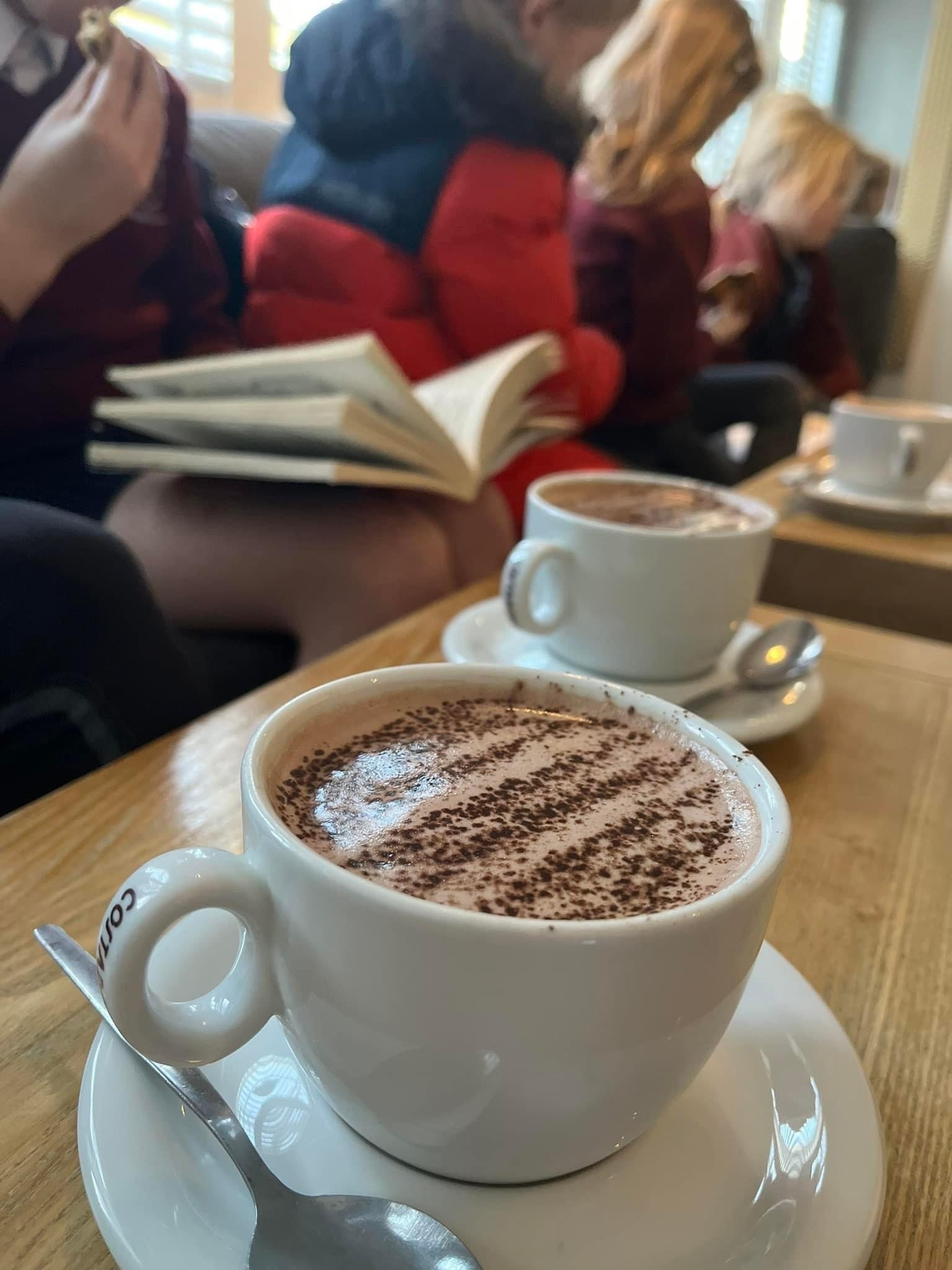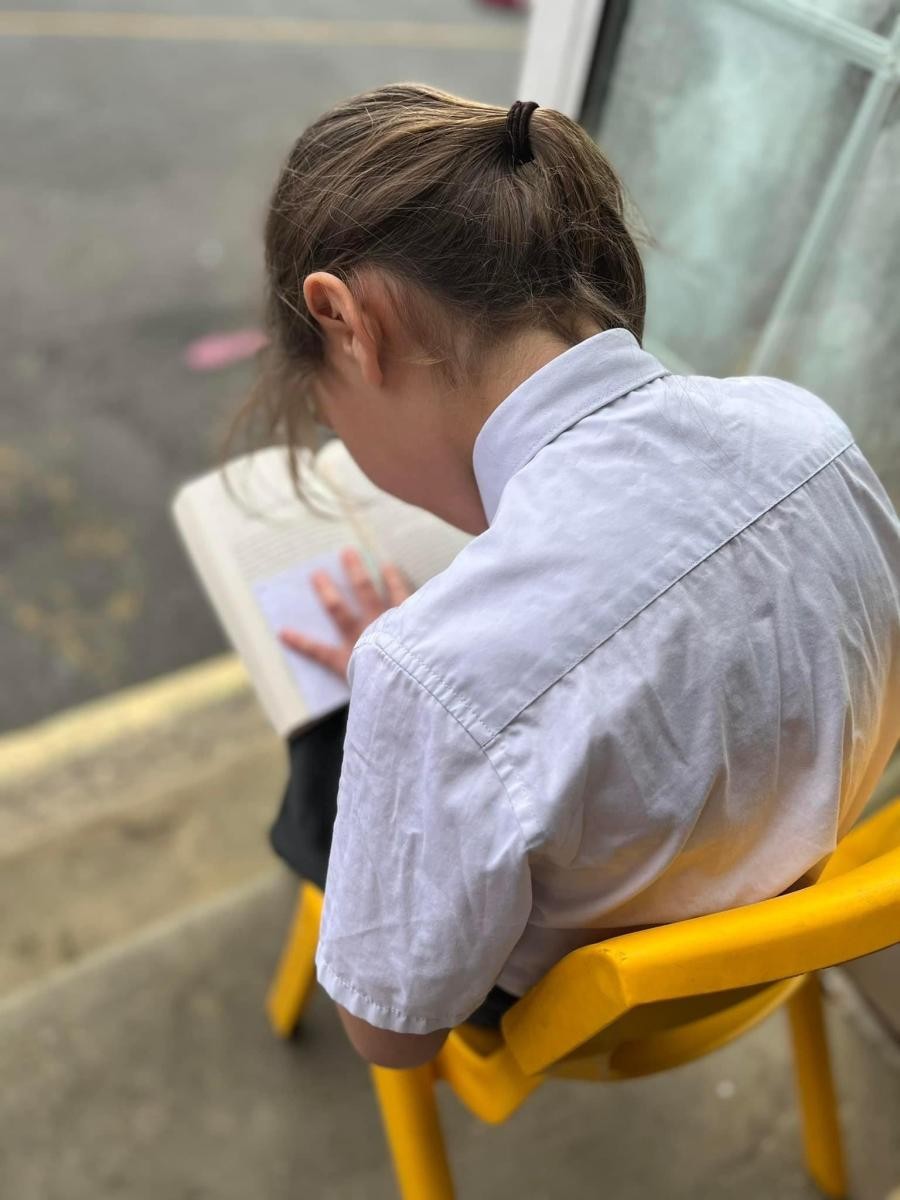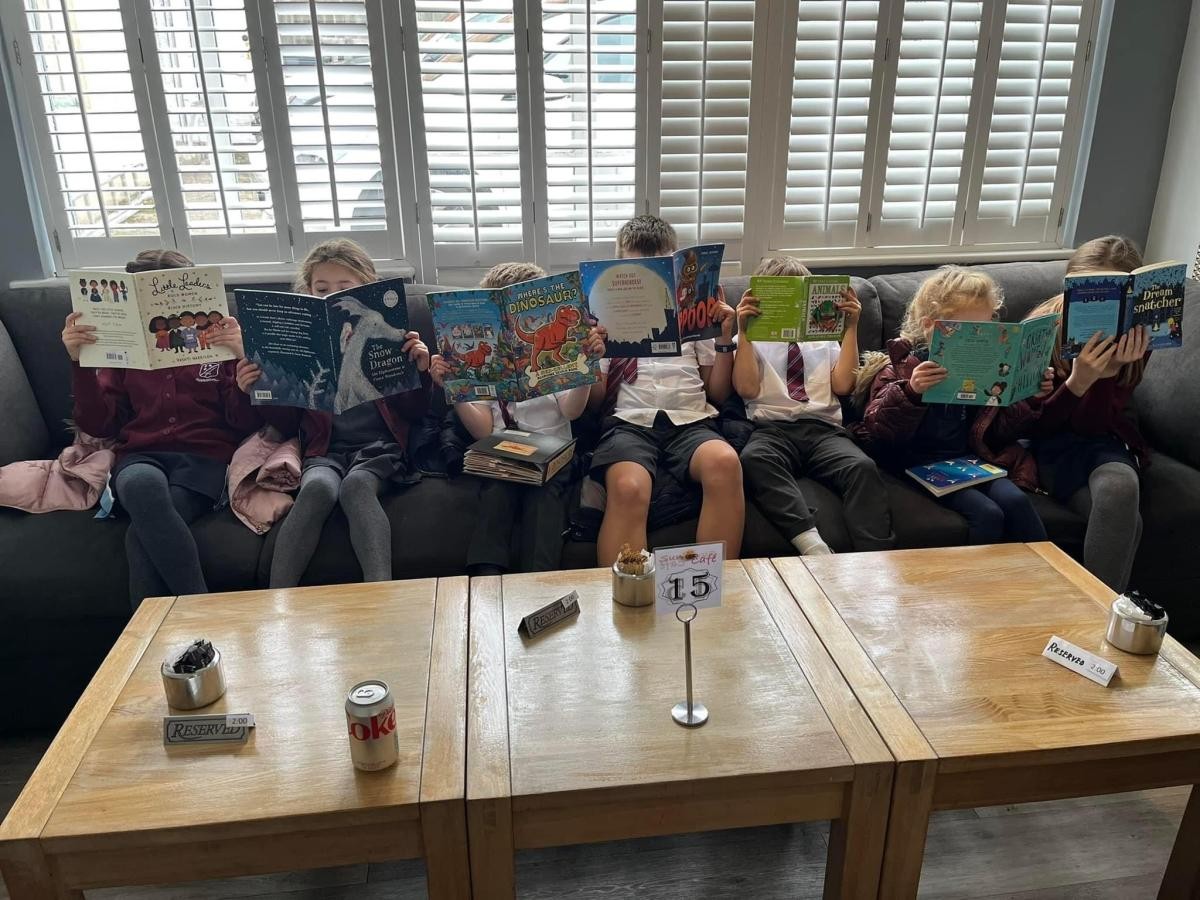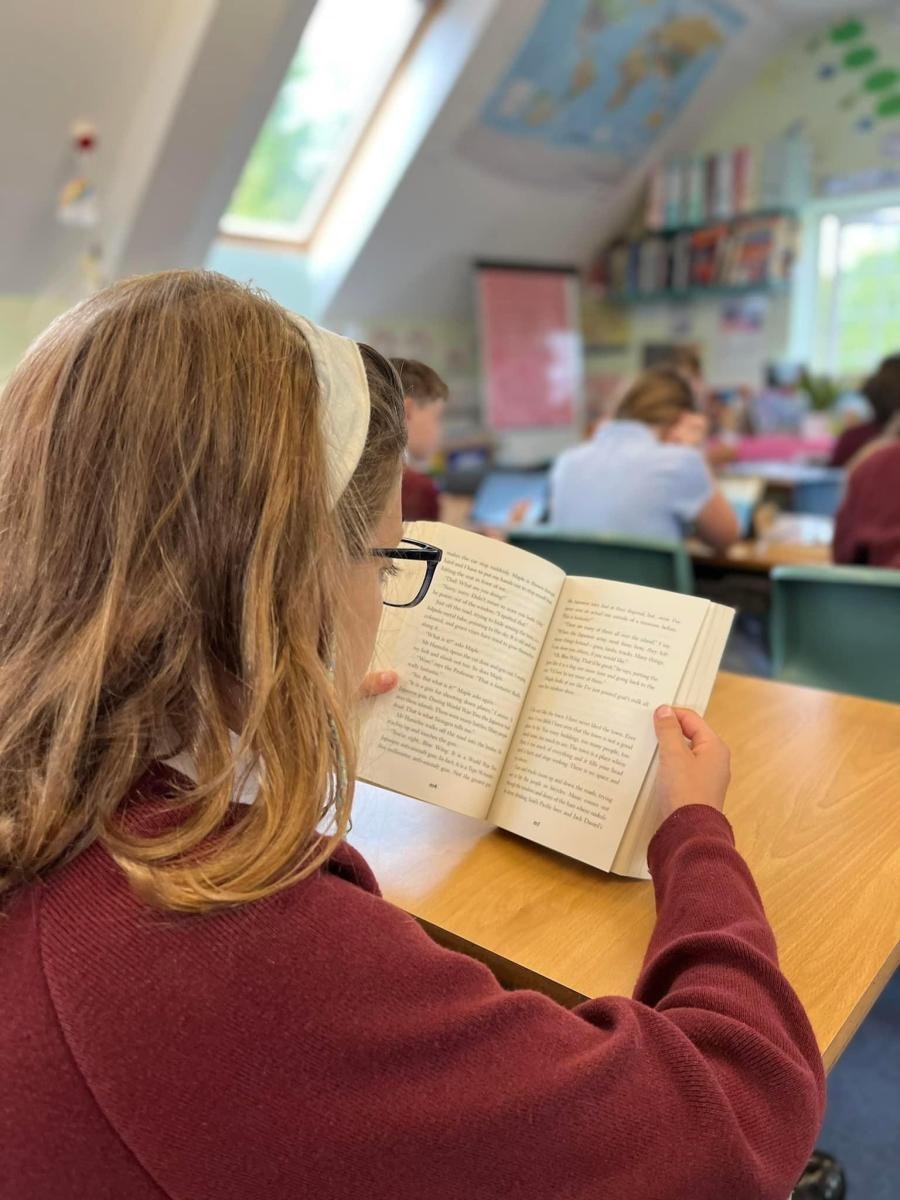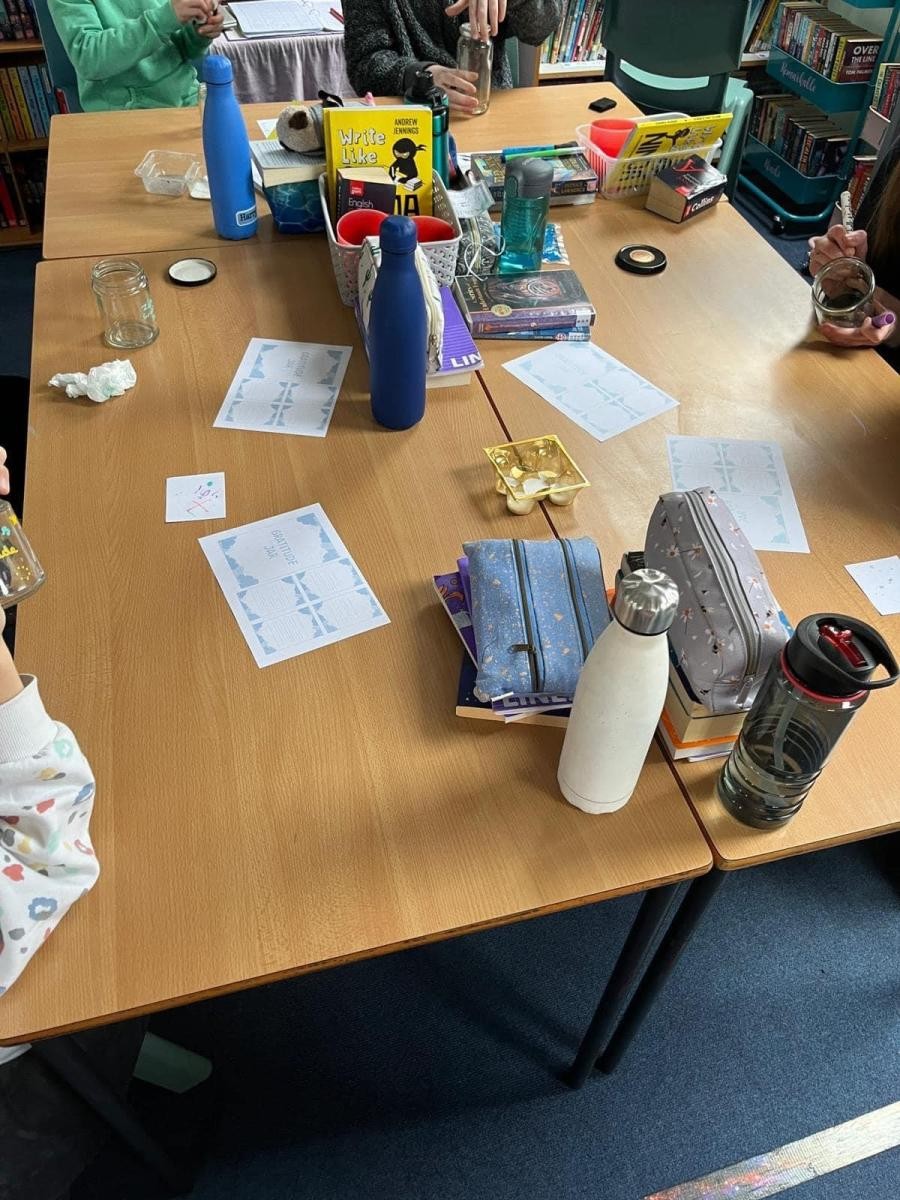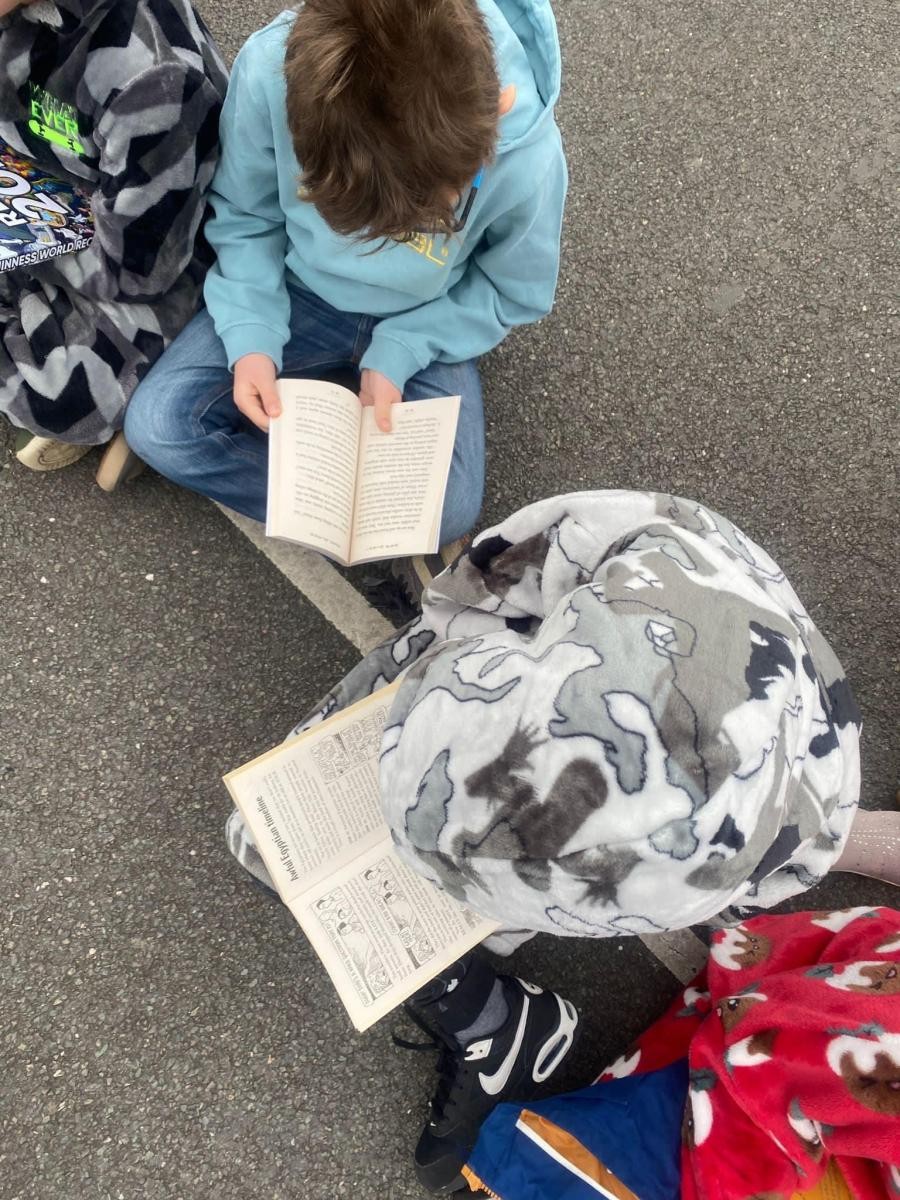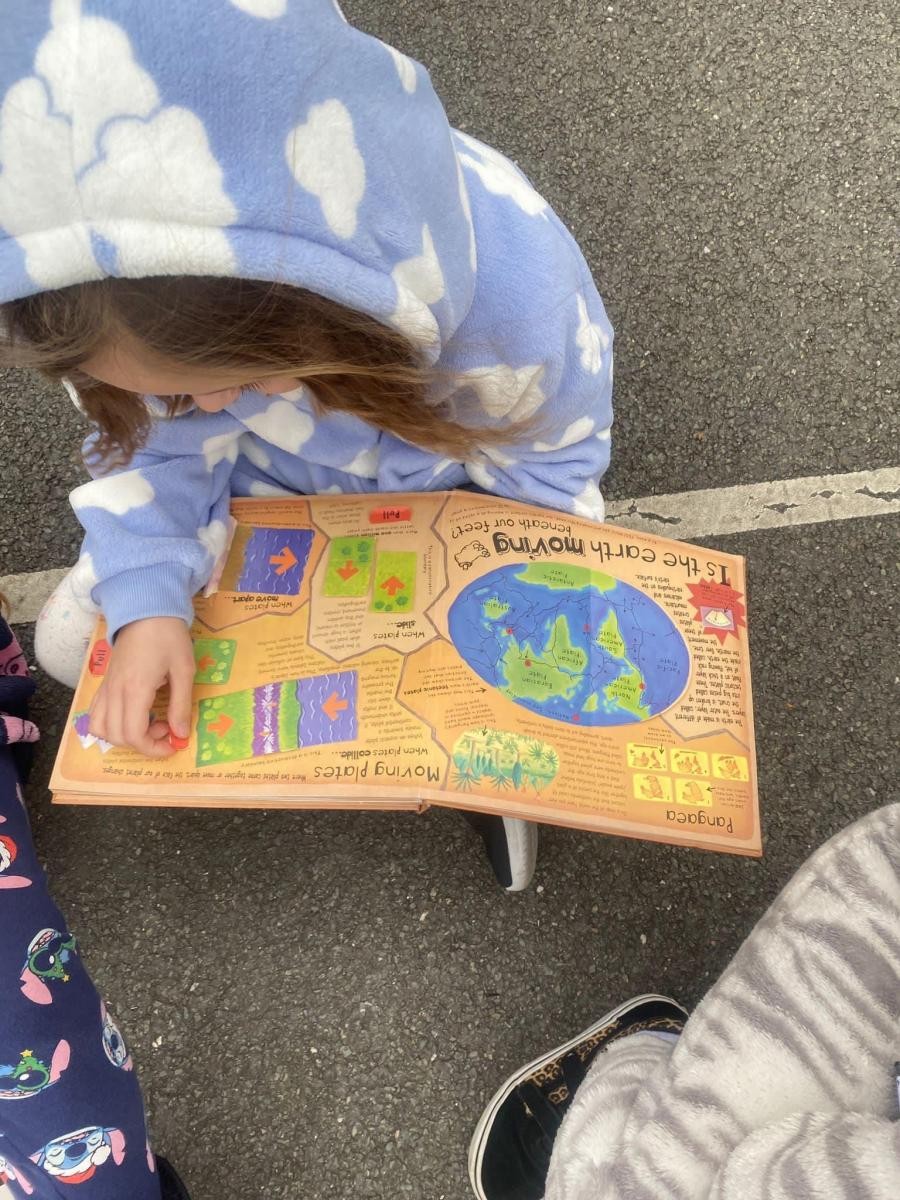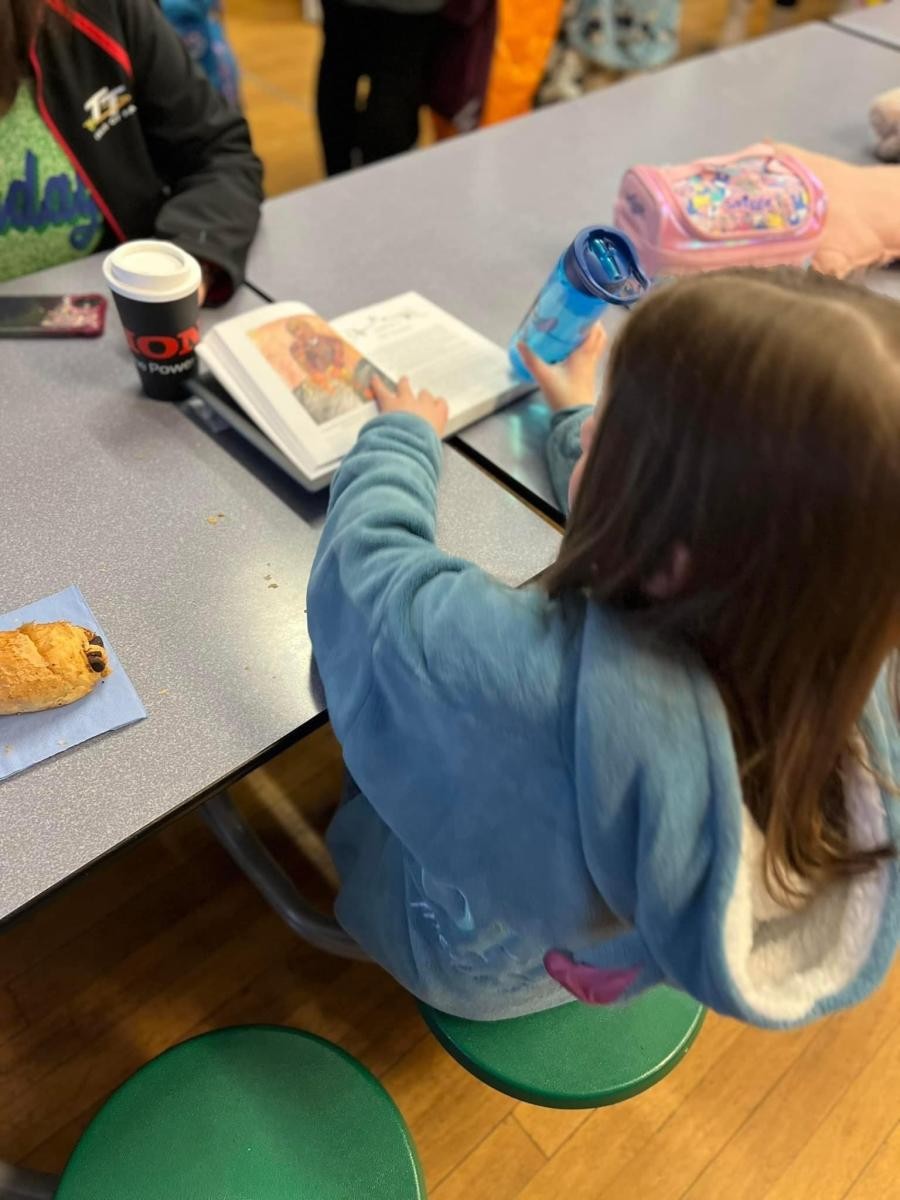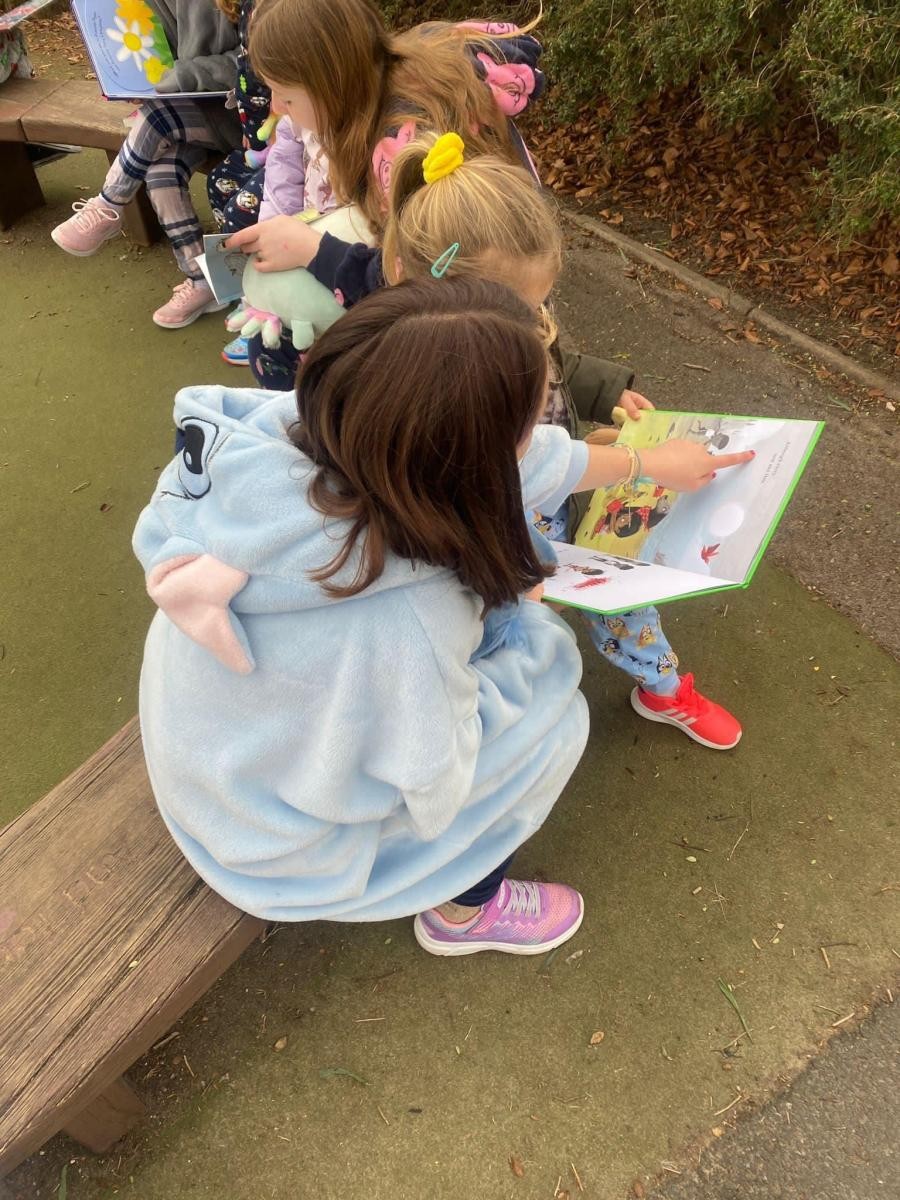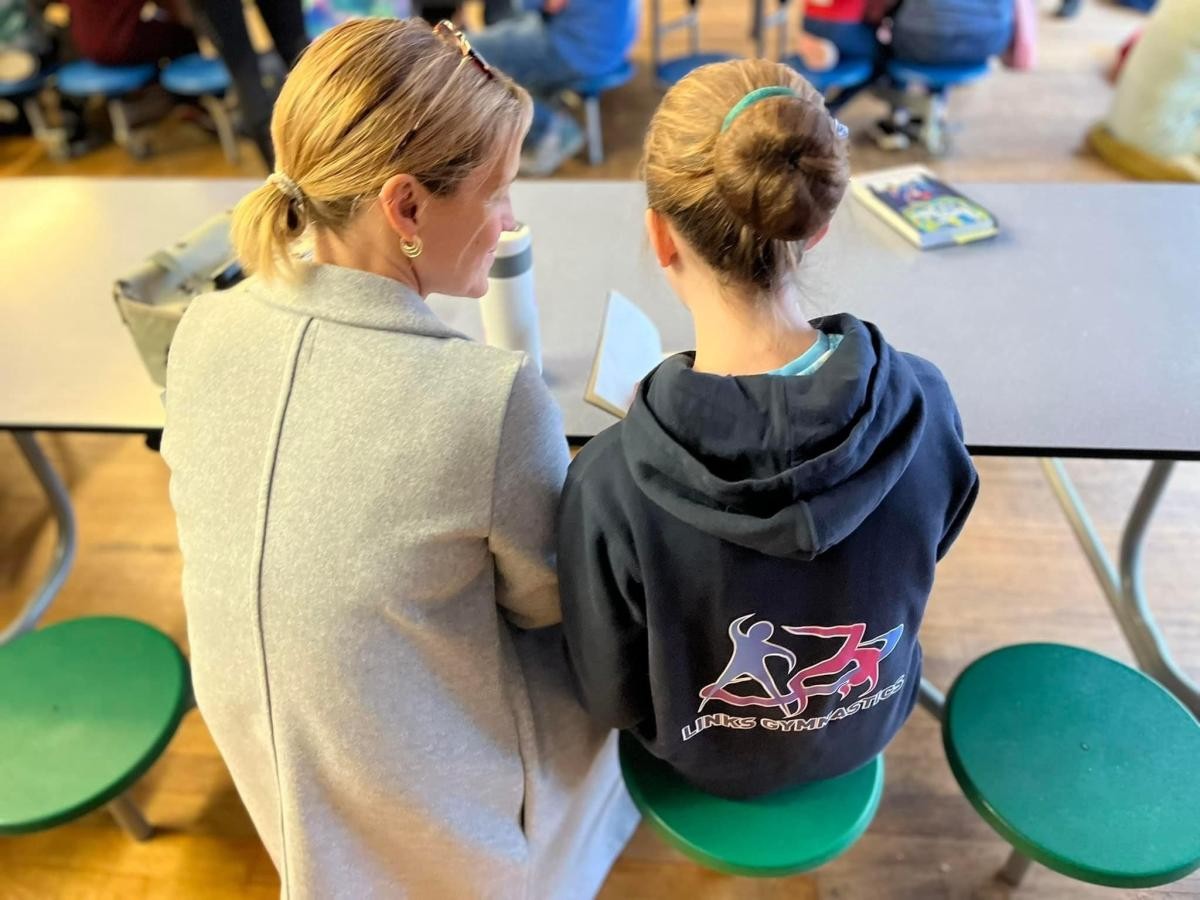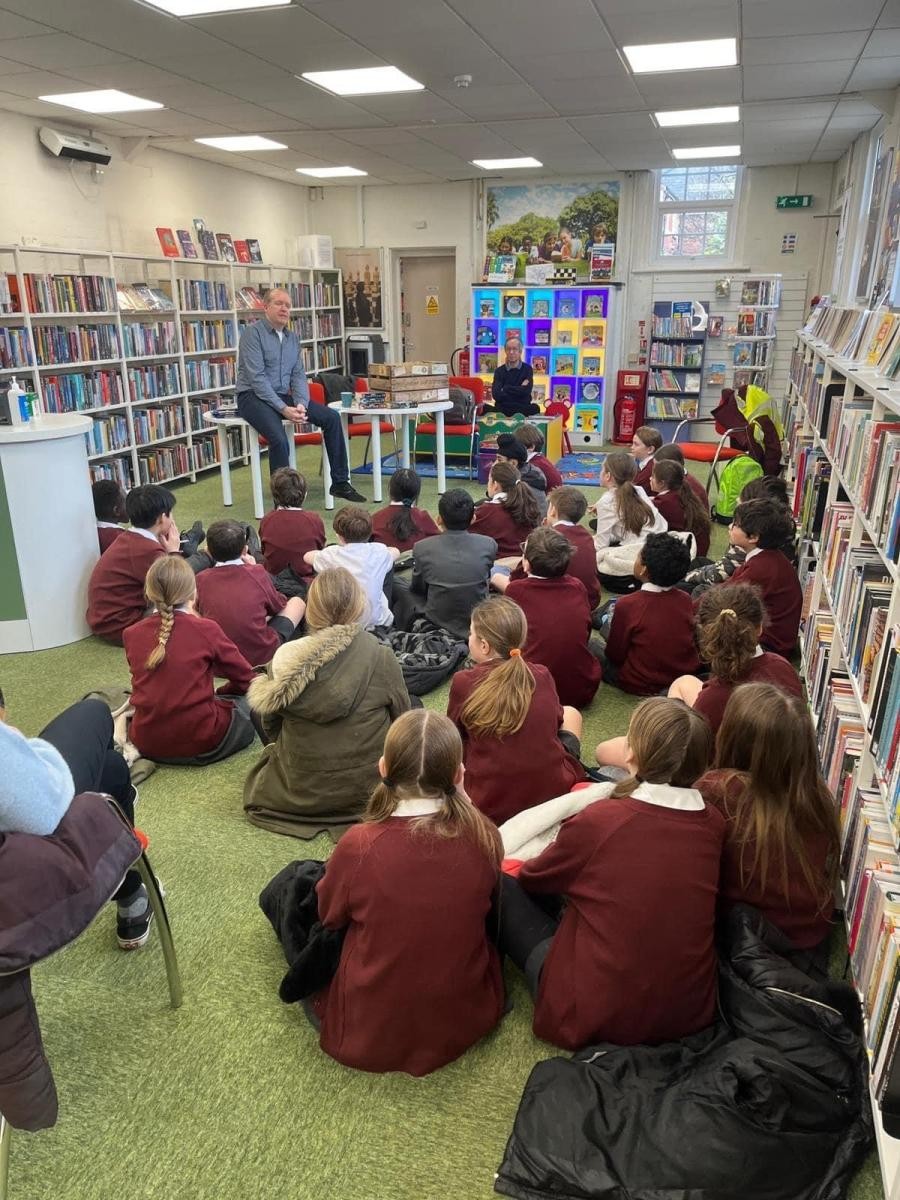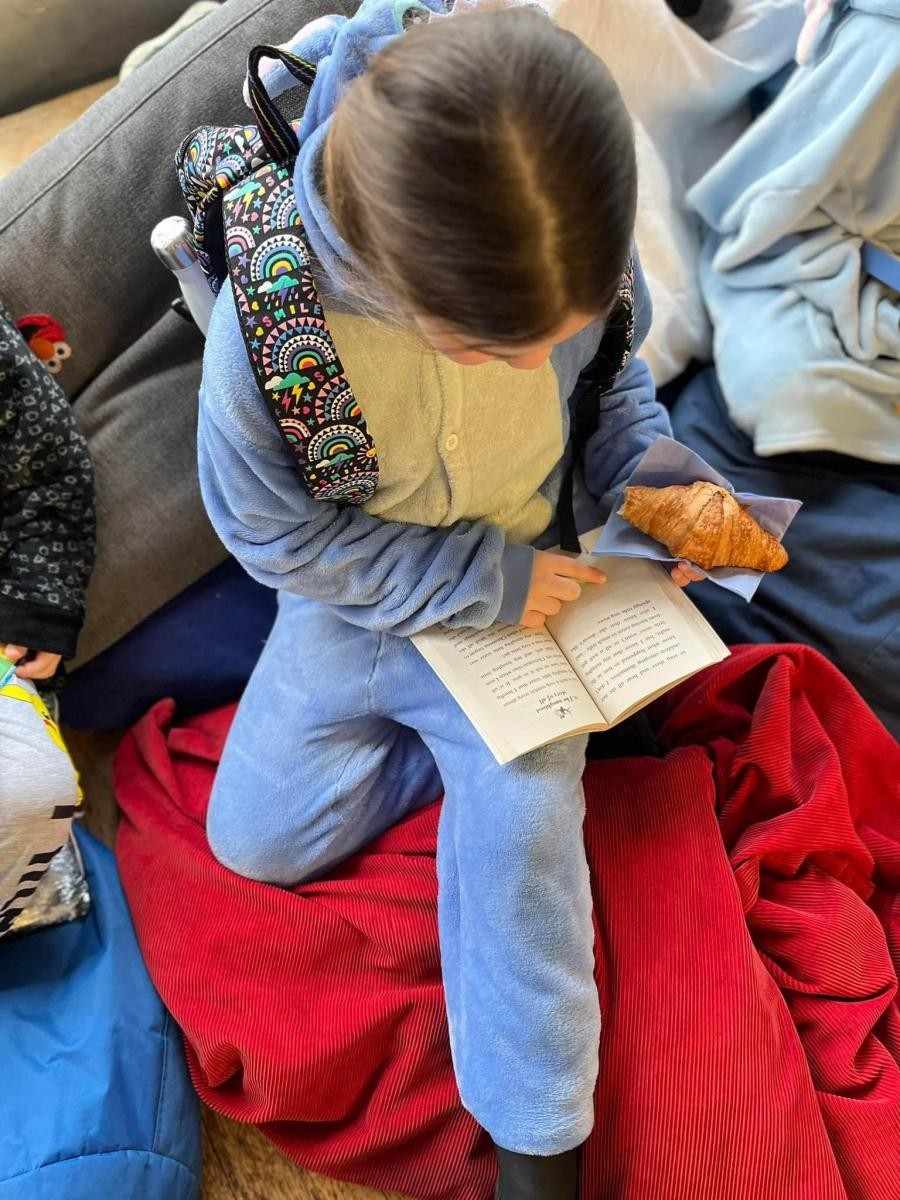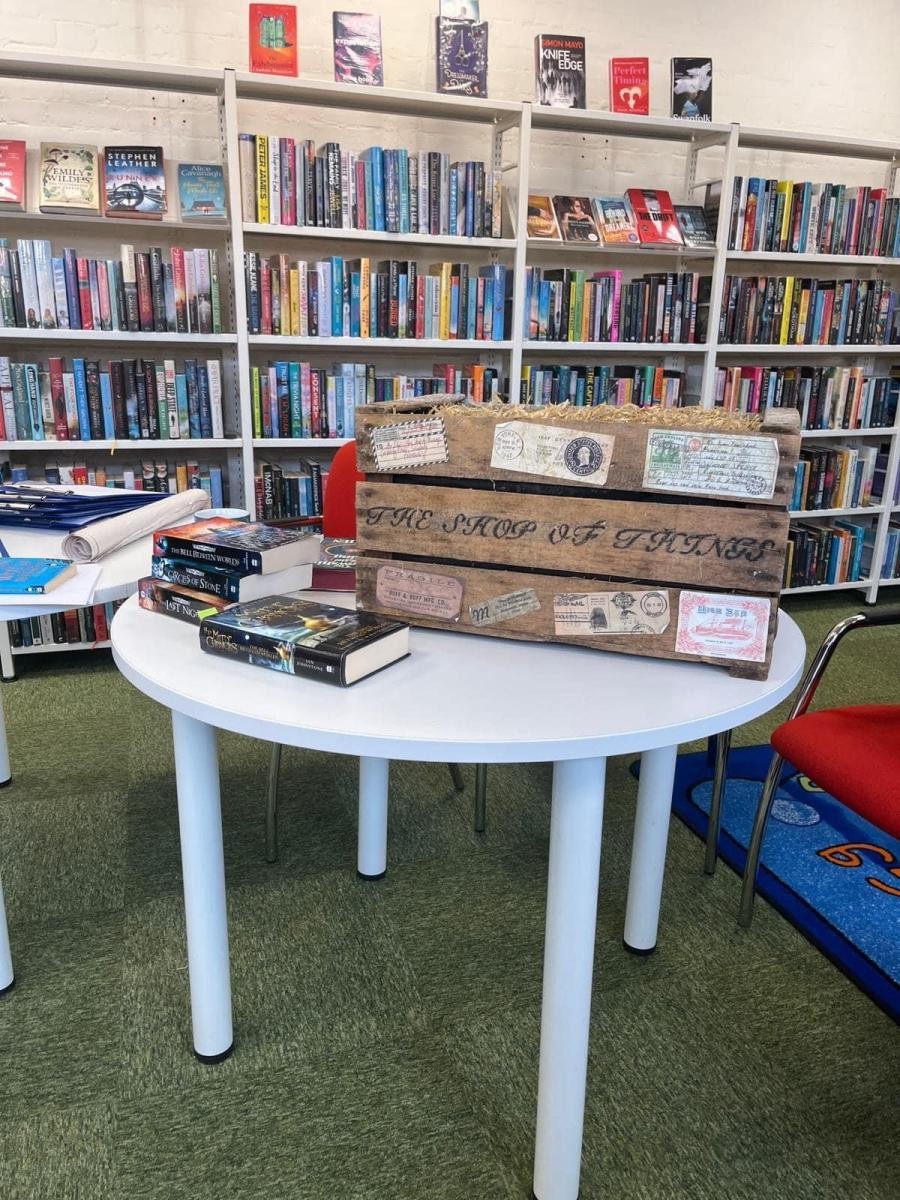Intent
At St Michael’s, we believe that reading is fundamental to our children succeeding throughout their education and beyond. We aim to create a community who all share a love for reading.
We have developed our curriculum to ensure that children are given the opportunity to develop a genuine love of reading and satisfy their curiosity as readers and learners. Through a whole class reading approach, children will be exposed to a wide variety of texts and rich discussion surrounding these, therefore also allowing them the opportunity to show respect and kindness to others.
Reading will also be used to extend children’s knowledge across the curriculum, giving children the strong foundation of knowledge in order to be successful in their learning and have faith in their own abilities. Reading will be used as a foundation for writing: using books to draw inspiration from and to model writing techniques.
Implementation
A love for reading is modelled by teaching staff across the school; we believe this is the most important way of developing a love of reading in our children. As well as this, the following approaches are taken:
KS2: through a whole class reading approach in KS2, children will be exposed to a huge variety of text types. Reciprocal reading, echo reading, independent reading and paired reading will all help children to develop fluency and expression when reading aloud. Lessons will focus on vocabulary, inference, prediction, explaining, summarising and retrieval, either as standalone skills or combined. Whole class reading lessons will be largely discussion-based to allow the lessons to flow without the constraints of writing down every answer. This also gives children the opportunity to show respect and kindness to one another.
Phonics: in KS1, children are taught to read using the Read Write Inc phonics scheme. This includes paired reading sessions. RWI is also used in LKS2 for extra intervention where necessary.
KS1: in addition to phonics, reading is taught through a mixture of whole class reading comprehension and guided reading in groups.
Reading across the curriculum: through WCR, but also in other subjects, children will be given the opportunity to read across the curriculum and use this to extend their knowledge and satisfy their curiosity. This is a vital skill for the future. Lower down the school, this will be largely teacher-led, with children becoming more independent as they move up through the school.
Class novels/stories: children across the school will be read aloud to every day by the teacher. Through this, they will experience a wide range of stories and discussions surrounding these. We will ensure that we have diversity in the books we read to our classes across the year, so all children feel represented, and can experience reading about different cultures. This will help to develop children’s respect of others.
Independent reading time: children will be given time each day for independent reading. In KS1, and for any KS2 children who need fluency practice, they will read aloud to adults throughout the week. In KS2, children will be given the opportunity to use Accelerated Reader to check their comprehension of their books.
Reading eggs: In EYFS and KS1, Reading Eggs is used for extra reading practice.
Book corners: each class has an attractive book corner with a wide selection of age appropriate books to help encourage reading for pleasure.
Reading conversations are encouraged in each class. This can include children sharing books they have enjoyed reading with their peers and teachers and giving recommendations to others.
Children who are identified as struggling readers are given extra support which may include reading intervention or extra 1:1 reading with an adult, depending on their specific needs.
Impact
Our children should leave school with the skills to read fluently and independently, have good reading comprehension skills and have a love of reading for pleasure. These skills will equip them for their next stages of learning.
We monitor the impact of our reading curriculum in the following ways:
|
- Accelerated reader quizzes: in KS2, children will take a quiz on their reading books to check their understanding and keep track of what they are reading. - Termly STAR assessments: at the start of September, and the end of each term, children in KS2 will take their STAR assessment which assesses their reading ability and this is used to monitor progress. - Reading comprehension tests (end of year): children will take a written comprehension test at the end of the year to assess whether they are WTS, EXS or GDS. Children in Year 2 and 6 complete practise SATs papers before the statutory end of year assessment. - Whole class reading quizzes and discussions: in whole class reading lessons, and guided reading sessions, teachers are constantly assessing understanding through questioning and discussions. - Pupil and teacher voice: the reading lead will carry out pupil voice surveys at regular intervals. - KS1: RWI termly assessment and phonics check. |

